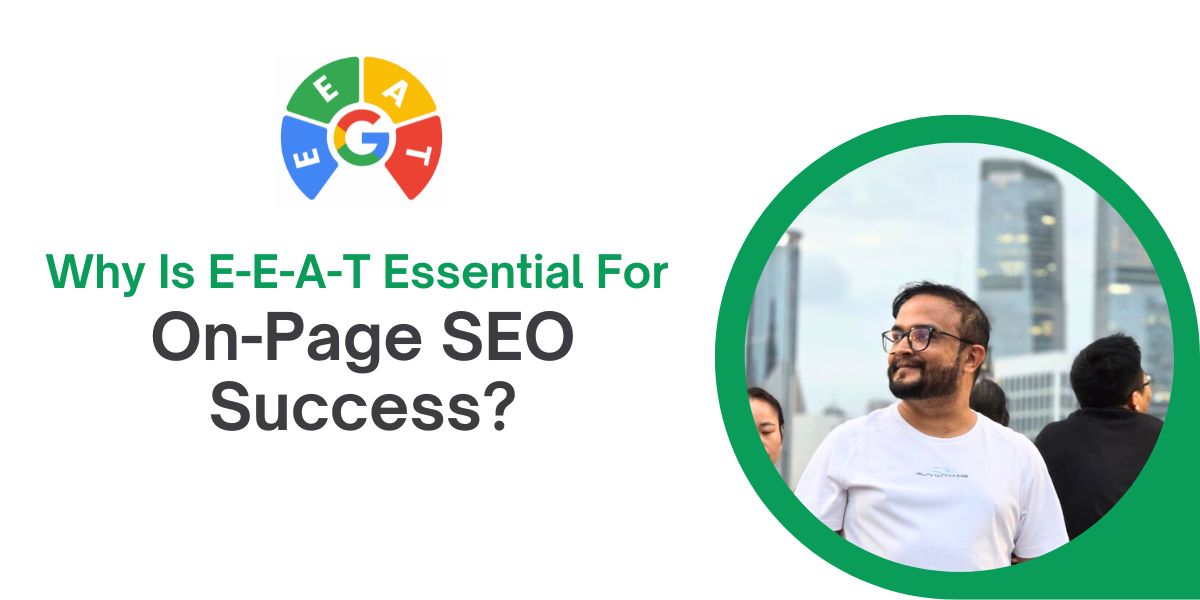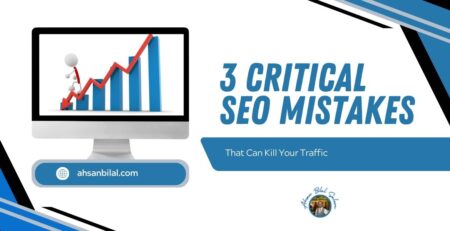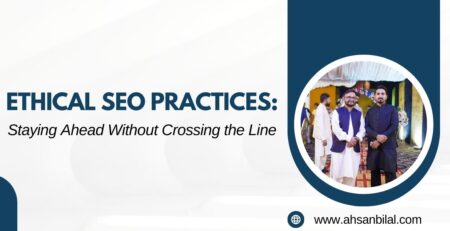Why Is E-E-A-T Essential For On-Page SEO Success?
In the world of search engine optimization (SEO), Google constantly refines its algorithms to provide users with the most relevant and reliable information. One of the most important factors influencing rankings today is E-E-A-T, which stands for Experience, Expertise, Authoritativeness, and Trustworthiness. Initially introduced as E-A-T, Google expanded the concept by adding “Experience” to emphasize firsthand knowledge. E-E-A-T plays a vital role in on-page SEO because it helps websites establish credibility, improve rankings, and build a strong reputation in their respective industries.
As Google continues to prioritize content that is accurate, well-researched, and user-friendly, website owners must ensure that their content aligns with E-E-A-T guidelines. Without these elements, even well-optimized pages may struggle to gain visibility. This article explores how E-E-A-T impacts on-page SEO success and provides actionable strategies to enhance your website’s credibility.
Understanding E-E-A-T in SEO
E-E-A-T is a framework used by Google’s search quality raters to assess content quality. While it is not a direct ranking factor, it significantly influences how Google evaluates and ranks web pages. Each element plays a unique role:
- Experience: Demonstrates that the content creator has firsthand knowledge of the topic.
- Expertise: Showcases the depth of knowledge and qualifications of the content creator.
- Authoritativeness: Establishes the website or individual as a leading source in the industry.
- Trustworthiness: Ensures that content is accurate, transparent, and reliable.
Google’s algorithm aims to prioritize content that offers genuine value to users. Websites that lack E-E-A-T signals may find it difficult to rank well, particularly in competitive industries such as health, finance, and legal services.
How E-E-A-T Impacts On-Page SEO
E-E-A-T directly influences on-page SEO elements such as content quality, author attribution, backlinks, and website credibility. Below are some of the key areas where E-E-A-T plays a crucial role:
Content Quality and Depth
High-quality content that provides value to users is a core component of on-page SEO. Google rewards pages that thoroughly address a topic with well-researched, factual, and engaging content. To improve content quality:
- Provide accurate and up-to-date information.
- Include real-life experiences and case studies.
- Utilize clear and succinct language that is straightforward.
Thin, misleading, or generic content fails to establish expertise and often struggles to rank. By prioritizing content depth and accuracy, websites can align with Google’s quality standards.
Author Expertise and Attribution
Google favors content created by experts, particularly in industries where misinformation can have serious consequences. To highlight expertise:
- Feature author bios with qualifications and credentials.
- Include links to the author’s social profiles or published work.
- Clearly state the author’s experience in the field.
For example, a health-related article should be written or reviewed by a certified medical professional. Adding credibility to authors enhances trustworthiness and strengthens on-page SEO.
Building Authoritativeness with Backlinks and Mentions
Authority is built through recognition from reputable sources. Websites that earn high-quality backlinks and citations from trusted domains tend to rank better. To improve authority:
- Publish well-researched and original content that others want to link to.
- Get featured in industry publications and authoritative blogs.
- Collaborate with experts or influencers in your niche.
When other trusted sources reference your content, Google views your site as more authoritative, boosting your SEO performance.
Enhancing Trustworthiness with Transparency
Trustworthiness is essential for maintaining credibility and user confidence. Websites that appear unreliable or deceptive can lose rankings. To improve trustworthiness:
- Clearly display contact information and business details.
- Use HTTPS encryption for a secure browsing experience.
- Provide references and citations for claims made in content.
Google values transparency, so websites that prioritize user safety and accuracy are more likely to rank higher.
Strategies to Improve E-E-A-T for On-Page SEO
To effectively implement E-E-A-T principles, websites should focus on optimizing content, improving credibility, and maintaining transparency. Here are some practical strategies:
1. Optimize Content for User Intent
Understanding user intent is crucial for creating content that meets search queries. Ensure that your content:
- Directly answers common user questions.
- Uses structured headings and bullet points for clarity.
- Incorporates relevant keywords naturally without keyword stuffing.
Aligning content with user needs improves engagement and rankings.
2. Leverage Expert Contributions
If your website lacks in-house expertise, consider collaborating with industry professionals. Invite guest experts to contribute articles or review existing content. Having expert-reviewed material enhances credibility and aligns with E-E-A-T guidelines.
3. Strengthen Your Website’s About and Author Pages
An “About Us” page with detailed company information and author pages with professional credentials boost trust. Ensure that these pages contain:
- Clear descriptions of expertise and achievements.
- Links to professional profiles and published work.
- Testimonials, media mentions, or case studies to establish credibility.
A well-structured “About Us” and author section enhances transparency and strengthens trust signals for both users and search engines.
4. Encourage Customer Reviews and Testimonials
User-generated content, such as customer reviews and testimonials, can significantly impact trustworthiness. Google considers genuine reviews as a sign of credibility. To leverage reviews:
- Encourage satisfied customers to leave reviews on Google and third-party platforms.
- Showcase positive testimonials on your website.
- Address and resolve negative feedback professionally.
Authentic reviews enhance trust and signal to search engines that your website is a reliable source of information.
5. Improve Technical SEO and Site Security
Trustworthiness is not just about content—it also extends to website security and performance. A technically sound website ensures a seamless user experience and boosts credibility. Key areas to focus on include:
- Implementing HTTPS: Secure your website with an SSL certificate to protect user data.
- Optimizing Page Speed: A fast-loading website improves user experience and reduces bounce rates.
- Ensuring Mobile-Friendliness: A responsive design caters to mobile users and enhances usability.
Technical SEO improvements create a more secure and user-friendly environment, which aligns with Google’s E-E-A-T guidelines.
Conclusion
E-E-A-T is an essential factor in on-page SEO success, helping websites build credibility, authority, and trustworthiness. By focusing on high-quality content, expert contributions, authoritative backlinks, and transparent practices, websites can improve their search rankings and user engagement. Google’s emphasis on E-E-A-T ensures that users receive reliable and valuable information, making it crucial for businesses to align their SEO strategies with these principles. By implementing the best practices outlined in this article, website owners can enhance their on-page SEO performance and maintain long-term search visibility.











Leave a Reply